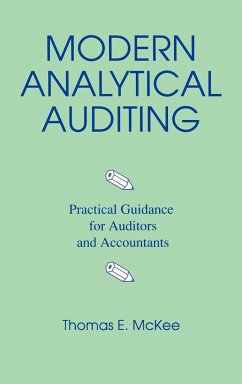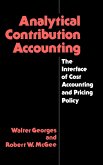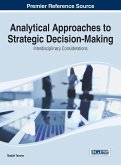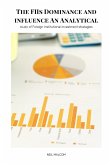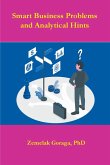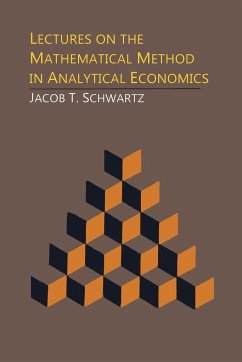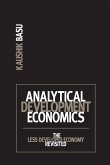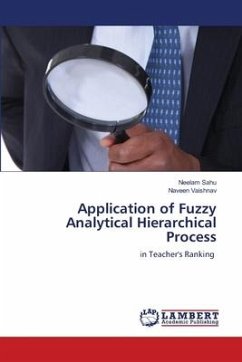This is a well-written treatment of the subject that will help increase the auditor's understanding of the beneficial use of a wide range of analytical procedures. Journal of Accountancy This handbook is intended to help auditors at all experience levels in financial, operational, and compliance audits. It presents and discusses 16 analytical auditing procedures in detail. The author comprehensively discusses evidence theory that will enable auditors to appropriately combine evidence form analytical auditing with evidence from more traditional audit procedures. Business Information ALERT Analytical auditing--or the generation of audit evidence from an analysis of the relationships among financial and nonfinancial data--is now a widely used technique in audit practice. This volume is intended to help auditors at all experience levels by providing a better understanding of the range of available analytical auditing techniques, the underlying theory supporting these techniques, and the solutions to practical problems in applying these techniques. Sixteen different practical analytical auditing procedures are discussed and illustrated in detail, including the graphical, average change, and weighted average methods of simple time series analysis; simple reasonableness tests; various structural modeling; and ratio analysis techniques. In addition to thorough coverage of key analytical auditing techniques, McKee also presents a comprehensive discussion of evidence theory that will enable auditors to appropriately combine evidence from analytical auditing with evidence from more traditional audit procedures. He reviews the relevant professional auditing standards for all types of auditors, including international auditing standards, those of the American Institute of CPAs, internal auditing standards, and governmental auditing standards. Especially valuable is an extended discussion and illustrations of computer applications of analytical auditing techniques. Throughout the book, tables and figures facilitate the reader's understanding of the techniques and concepts presented. An indispensable handbook for use in financial, operational, and compliance audits, this volume belongs on the bookshelf of every CPA, internal auditor, and governmental auditor.
Hinweis: Dieser Artikel kann nur an eine deutsche Lieferadresse ausgeliefert werden.
Hinweis: Dieser Artikel kann nur an eine deutsche Lieferadresse ausgeliefert werden.

